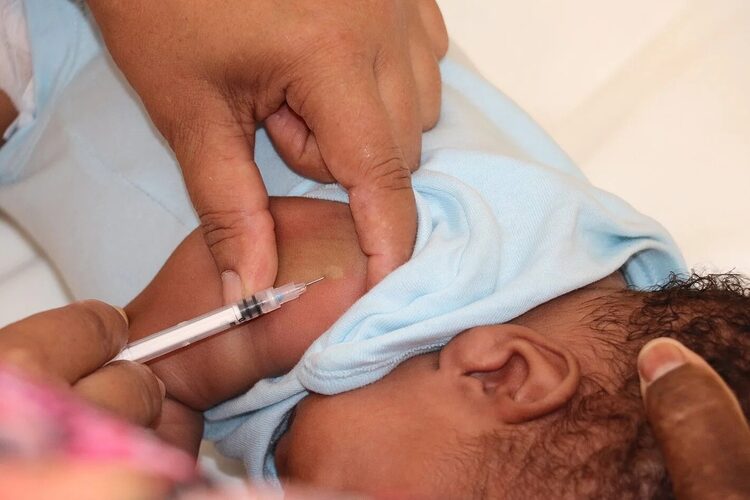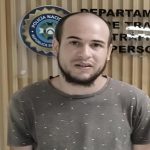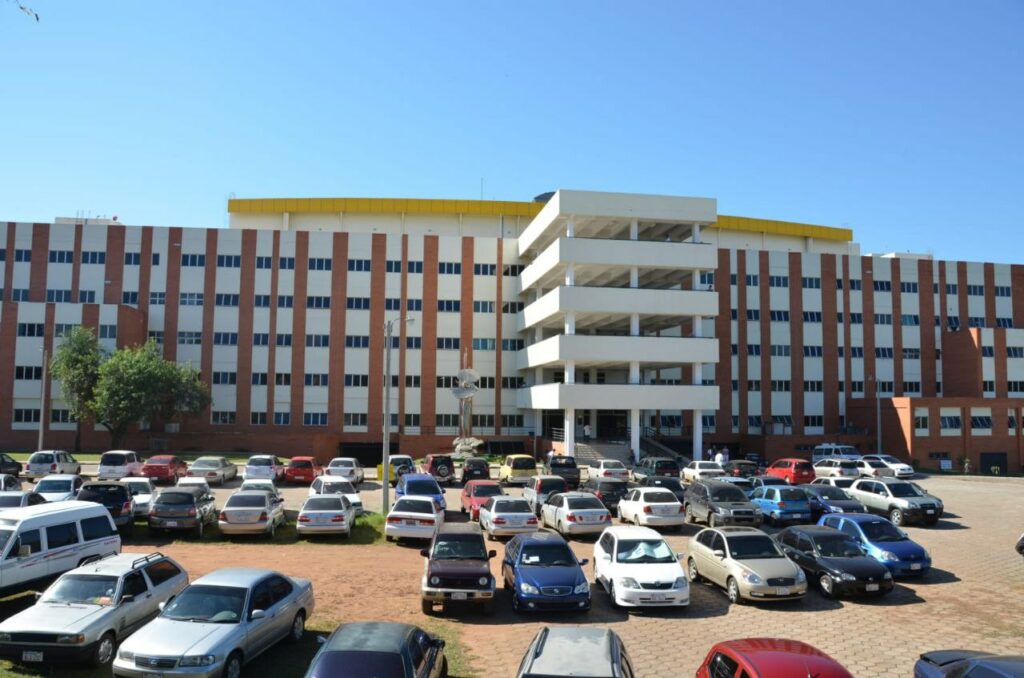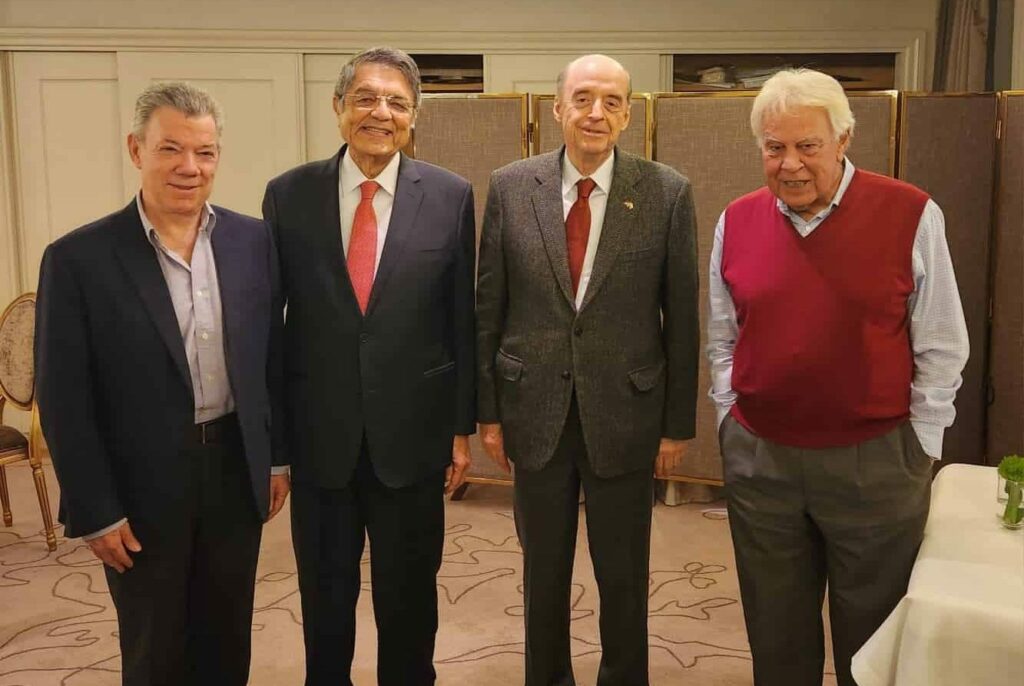Representatives of the Pan American Health Organization/World Health Organization (PAHO/WHO) in Cuba and the Ministry of Public Health (MINSAP) received two experts who are leading a mission related to polio.
Dr. Ondrej Mach, Head of the WHO Polio Research Group, and Dr. Gloria Rey Benito, PAHO Regional Immunization Adviser, are the experts on this mission that seeks to eradicate polio in this Caribbean country and in the region.
Specifically, the visit sought to propose a new study to evaluate the impact of the inactivated polio vaccine (IPV) on the pharyngeal excretion of poliovirus, giving continuity to research carried out in the Camagüey province. Likewise, the mission planned to explore the possibilities of Cuba as a pilot country for sentinel surveillance of poliovirus excretion in patients with Primary Immunodeficiencies (PID). These purposes are important with a view to complementing surveillance systems with a view to maintaining the eradication of all polioviruses.
In the different activities, the experts were accompanied by Dr. Francisco Durán García, National Director of Epidemiology of MINSAP, and other public health authorities, as well as by researchers from the “Pedro Kourí” Institute of Tropical Medicine (IPK) and the Institute of Hematology and Immunology (IHI). The MSc. Alina Pérez Carreras, immunization consultant for the PAHO/WHO Office on the island, also participated in all the exchanges, and Dr. José Moya, Representative, attended the closing meeting of the visit, where the conclusions and the projection of cooperation with the country on this issue.
Closing meeting of the polio mission to Cuba
As a result of the mission, Cuba’s interest in continuing to participate in the development of studies that contribute to knowledge of polio and decision-making as part of the work of the global program for the eradication of this disease was ratified. This type of research has been carried out in the country for more than 20 years, through the IPK and the Clinical Trials Center of Camagüey. The latter is an internationally prominent site when it comes to polio studies.
Similarly, within the framework of the visit, the health authorities communicated their willingness to extend the consent to carry out sentinel surveillance in the medium term, in order to detect poliovirus excretors among patients with PID. Such follow-up, which is carried out at the IHI and its network of services at the national level, is vital to define effective case management protocols and propose a public health response that reduces the risk of people developing poliomyelitis, as well as the risk of poliovirus transmission in the community.
For its part, PAHO confirmed that it will continue to offer technical cooperation to help maintain the status of polio elimination in Cuba and the region; and that it will contribute to the surveillance of poliovirus and acute flaccid paralysis. He also stated that he will continue to contribute to the strengthening of capacities for laboratory diagnosis of poliovirus in the country.












